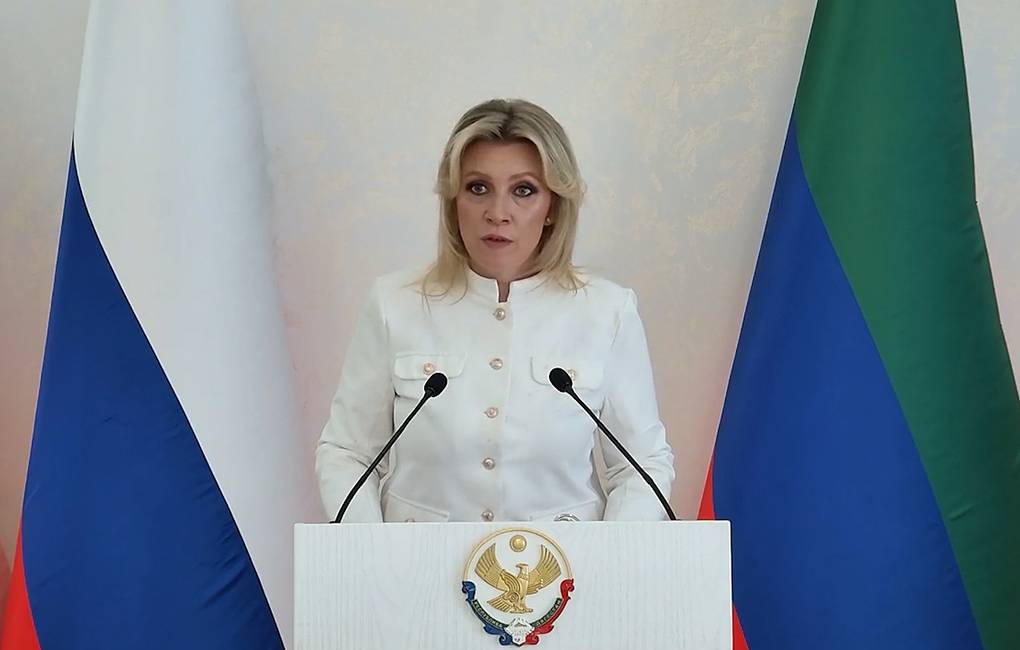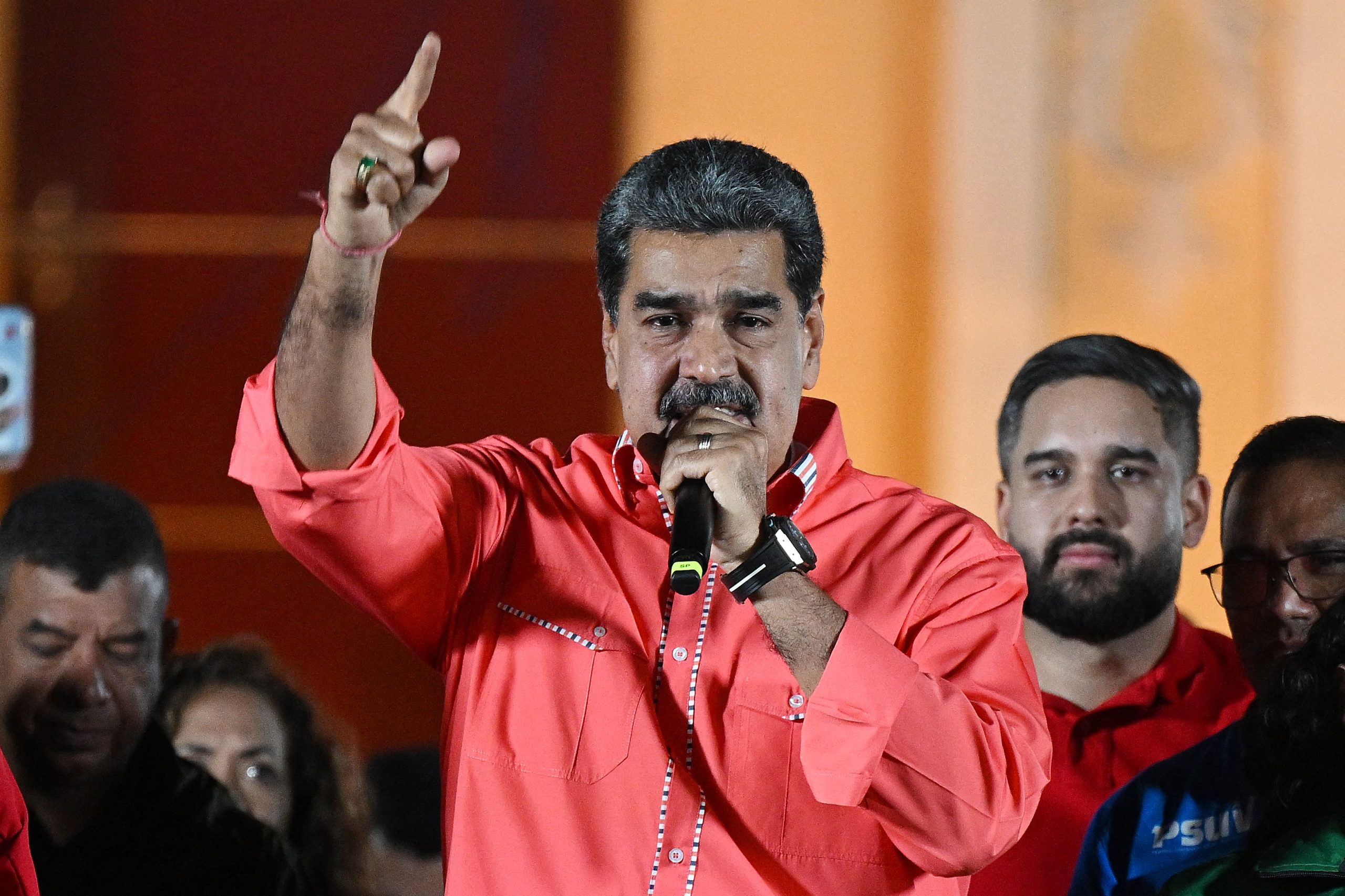When political persons are targeted

And in politics, Greece turns out again and again a genuine child of the European South: it is not the policy that highlights or guides faces, but the opposite – a leader who makes a « gel » has often evolved into a greater weapon than a robust government program.
The same is true: because this condition is now known to do what they can do to hit the opponent’s face. The last case was the « angry » Nikos Androulakis, who returned to the eye of the neo -democratic cyclone and is not projected to leave quickly – probably the opposite.
But he is not the first nor the last one. Many communication campaigns and, by extension, many electoral clashes, were judged by an adjective that came in front of a name, a title or caption in a photo.
The « arrogant »
What happens when a political leader wins over and over again, with a difference that does not cause problems for him, but to the opposite? The answer is almost the same for all those who have been in this position over time: inevitably, they lose the measure. And so, Kyriakos Mitsotakis’ opponents began to accuse him of arrogance.
Which is not only derived from the government’s « we got 40% » to any sharp or critical question, but by the way, in the assessment of the opposition, the close group of Maximus was a long time: (culminating in the Presidency of the Republic) are all sampled of impartiality.
Even the damage done to the Tempi case is attributed to arrogant management. The applause to Kostas Karamanlis, which was reflected in memory of those who watched them, the Georgiadis statements, and the apathy, even a few hours before the first demonstration that took place at the beginning of the year (a social reaction they had obviously underestimated) were basic indications. And they allowed the opposition to find a narrative that has long hit the Prime Minister’s profile and, by extension, of the ND government.
The « Kolotuba »
There were a few points both in the first and second SYRIZA governance that one could catch to degrade it. But nothing was left longer and, above all, did not harm the country’s first left government than the profile of Alexis Tsipras’ himself. His « ass » was the reason we eventually stayed in the euro.
This property may not have hit him in the following elections, and the shock of a scary summer had not yet passed, but he followed him throughout his term. Slowly but steadily, when the spirits calmed down, the opposition began to cultivate the feeling that, in the end, it didn’t matter if Tsipras was left or right, if he had choices in his hands or made his head, whether he did a work or not – the point he measured in the end.
To those who believed him passionately in January 2015, to those who voted for him because they felt they had no choice and those who have insisted for years that his presence in power was the worst turn of the transition, hence the need for rebranding.
The « Samaritanisels »
They were two different politicians. One was the president of the ND, the other PASOK president – for the post -political insights, that is, they were sworn in opponents. And yet, the political fate of the country during the crisis, the need for a government and the choice of at least one of the two to put Greece’s salvation above its party interest, brought them to the same government.
From then on, there was no Antonis Samaras and Evangelos Venizelos. In the minds of SYRIZA executives, who was in the position of the opposition for the first time, there was only one single, unorthodox entity: the « Samarovanis ». This entity was inflated on the social basis, took the form of the austerity monster and symbolized, in the Syrian narrative of 2014, the old political system that joined the young man who was coming – and therefore had to be punished.
In the years that followed, Samaras and Venizelos embraced their hypocrisy, whose coins « softened » after what followed, when everyone, old and young, now had a memorandum on their backs. In 2015, however, this hypocritical was the reason for the split of PASOK. This was carried by Samaras and Venizelos in the polls. And that was what defined the result.
The ‘money exists’
This phrase was heard on September 10, 2009, at a PASOK pre -election rally in Kozani: « There is money, if the claims, if you attract investment, if you are nearing the state, if you utilize the country’s productive potential, in order to harm and create new wealth. But they want a plan (…). » From what was said by the lips of George Papandreou, who knew that in about a month he would swear prime minister, only the first two words were reproduced as such.
From the pre -election slogan of prosperity they first became a bit and, after Kastellorizo, became a loop on the throat of the one who had exposed them. Did it matter if he meant something else? Right and left -wing rival, who still had their anthemonic period, used it like no other to raise the reflexes of the citizens, to tickle their thumb.
The phrase is still so recognizable that for his impatient friends not only follows the speaker then, but the whole PASOK even today. At that stage, however, the « money exists », as the ND and SYRIZA have used, described the false feeling of a time in which everyone lived above their abilities, whatever they were voting. The impact, however, were loaded only by one.
The ‘tired’
In March 2009, in a Sunday interview, then Prime Minister Costas Karamanlis said, spontaneously, « tired ». The next day, there was no opposition media or a political opponent who had not realized the power of this assumption for his opponents: « The country does not have the luxury of having a tired prime minister, » said PASOK Press spokesman George Papakou.
Because fatigue was no longer human, it was political – and as such, it proved to be catastrophic. Karamanlis tried to counterattack, to turn the category of « tired of Rafina » into frustration in the way the « interests » kept the reins of the country and guided the citizens. He did not convince: within two years since the victory of 2007, after all, he had managed a series of blue scandals that dug one after another, culminating in the Vatopedi Monastery, but also an uprising, angry youth in December 2008 at least one week in December 2008 – them.
And in this climate, Karamanlis went to the elections knowing that the economy would not go better, but only worse than then. At least, however, he rested.










